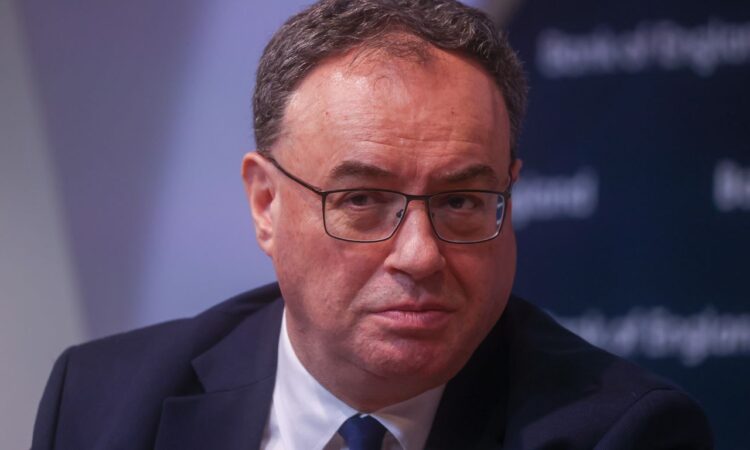
In recent days, the message from some of the world’s most powerful central banks has been fairly consistent: They’re pressing ahead with interest rate increases, despite recent banking turmoil.
Driving the news: Following the Fed, the Bank of England raised rates by a quarter-percentage point, following a surprisingly hot inflation reading.
- That move doused hopes that the central bank would halt its hiking campaign, which has been underway longer than any other major central bank.
BoE officials expect inflation to “fall significantly” in the coming months, thanks to a government cap on household energy bills and a drop in wholesale oil prices.
- But the central bank’s governor, Andrew Bailey, noted that price pressures are increasingly driven by more homegrown factors, including a tight labor market.
What they’re saying: “I’m confident that in this country we are in a much stronger position,” Bailey, who previously ran the nation’s financial sector watchdog, told media outlets.
- “Their capital is stronger, their funding is stronger, and so far I think we’ve seen the signs that they’ve come through that robustly.”
Between the lines: The BoE hinted that it would be too soon to know how fallout from developments in the banking sector, including the collapse of Silicon Valley Bank, might affect bank lending activity in the country.
- Officials said they would “monitor closely any effects on the credit conditions faced by households and businesses,” including what impact that might have on the economy and inflation.






